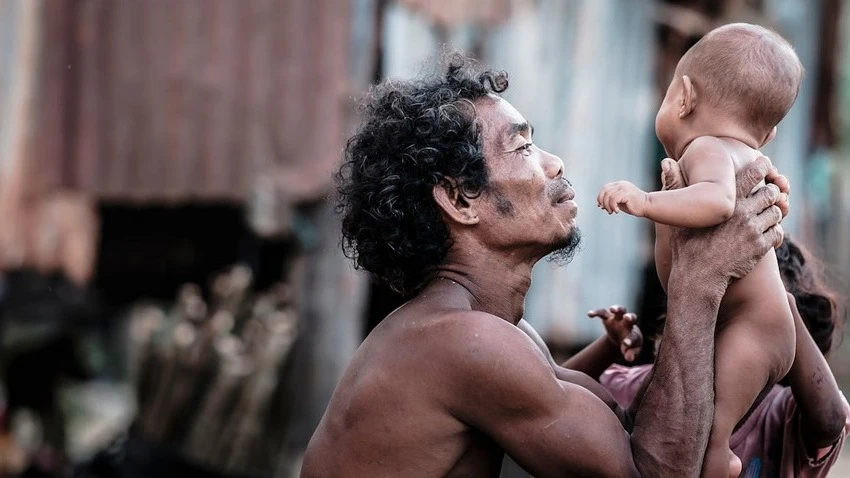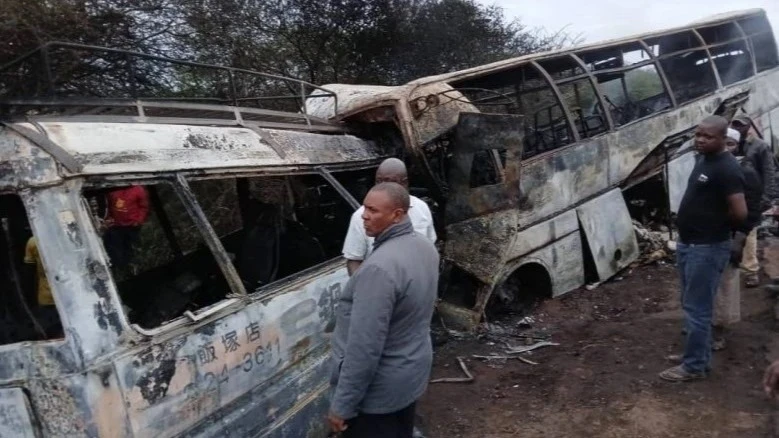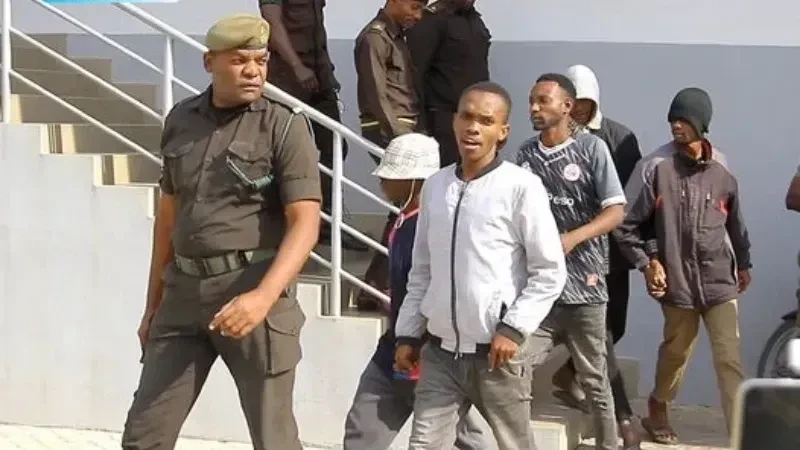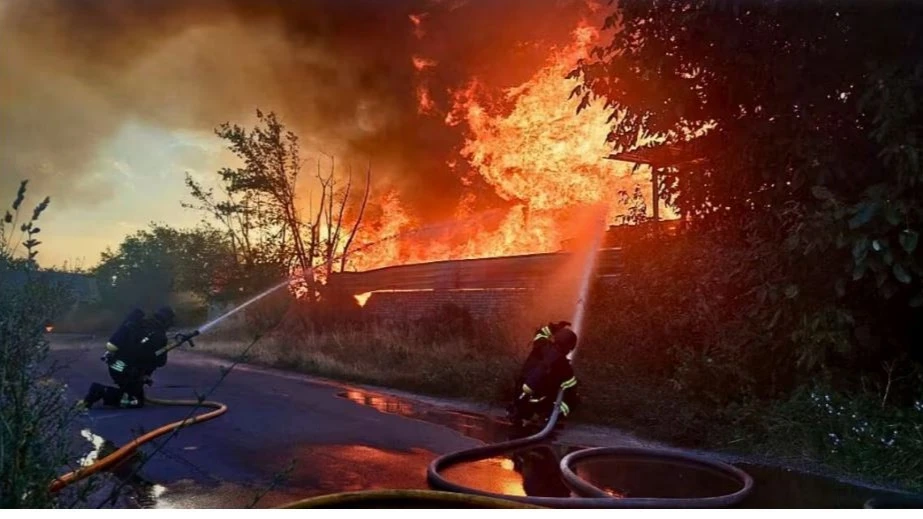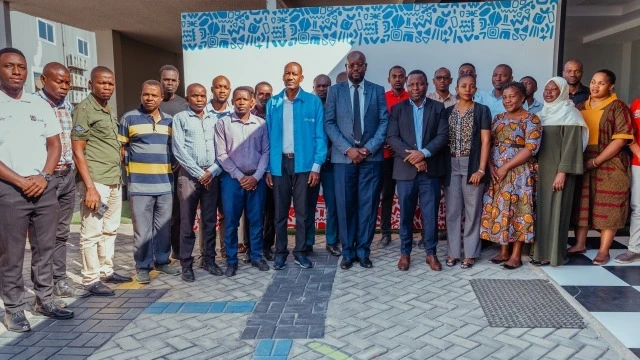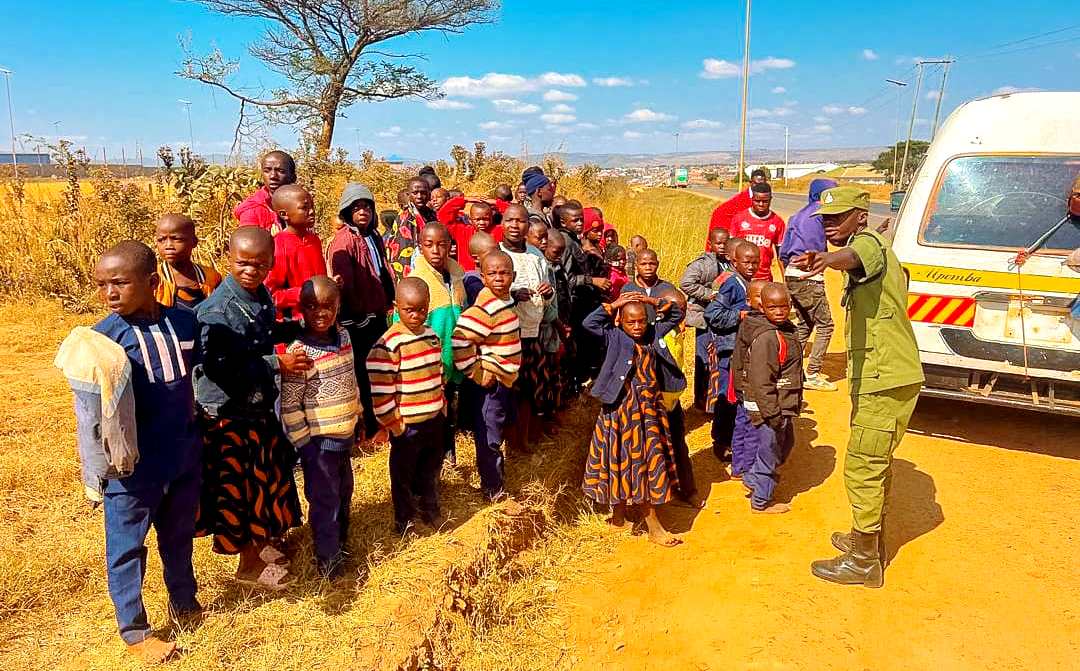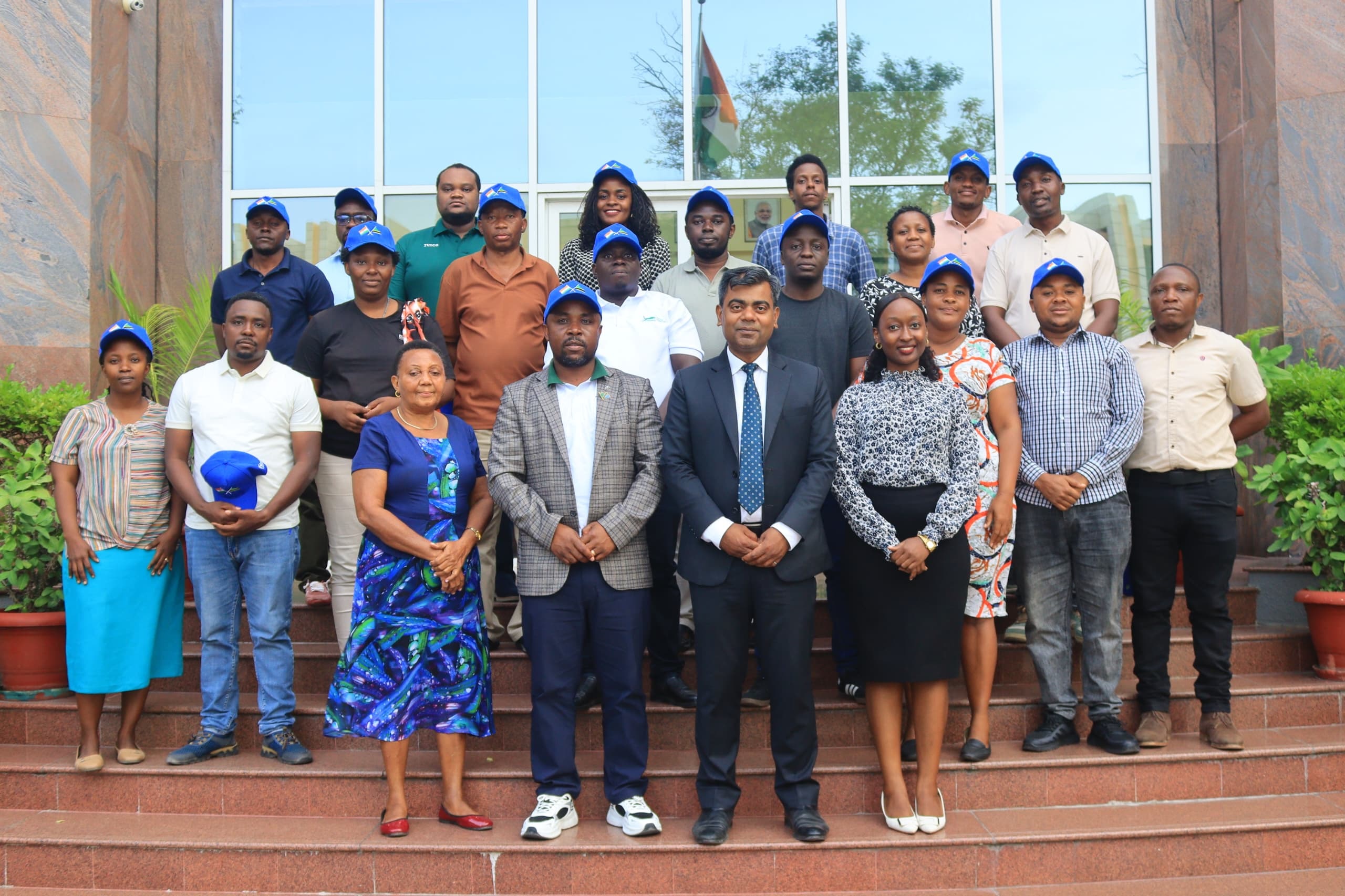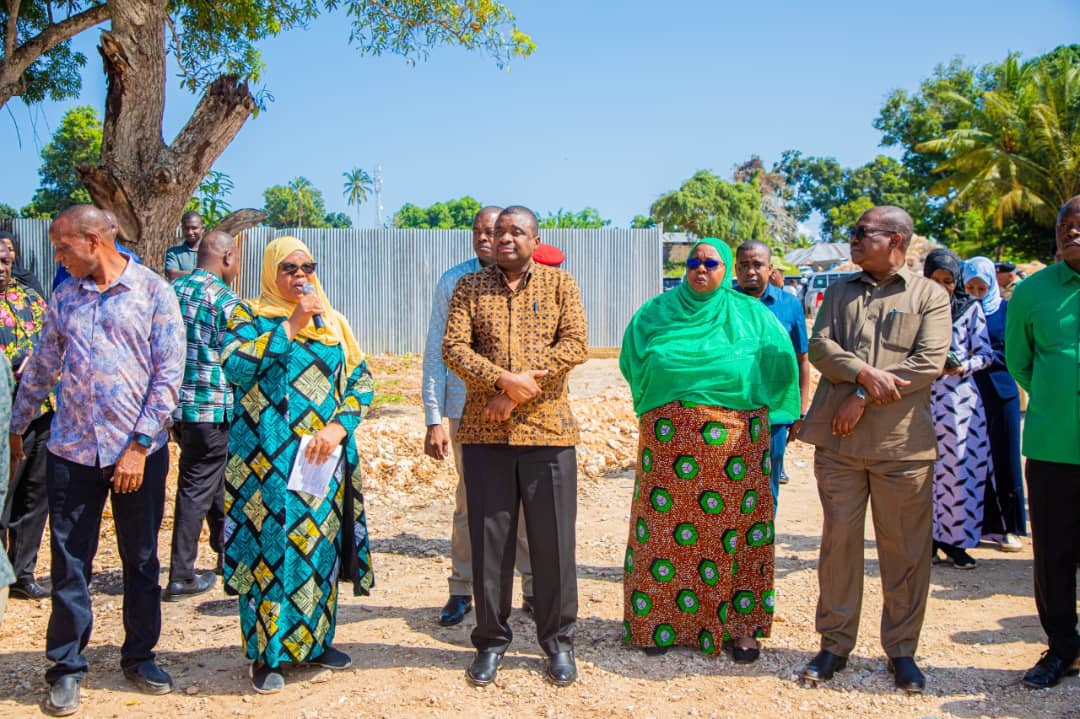Sexual violence in conflict as crime against humanity
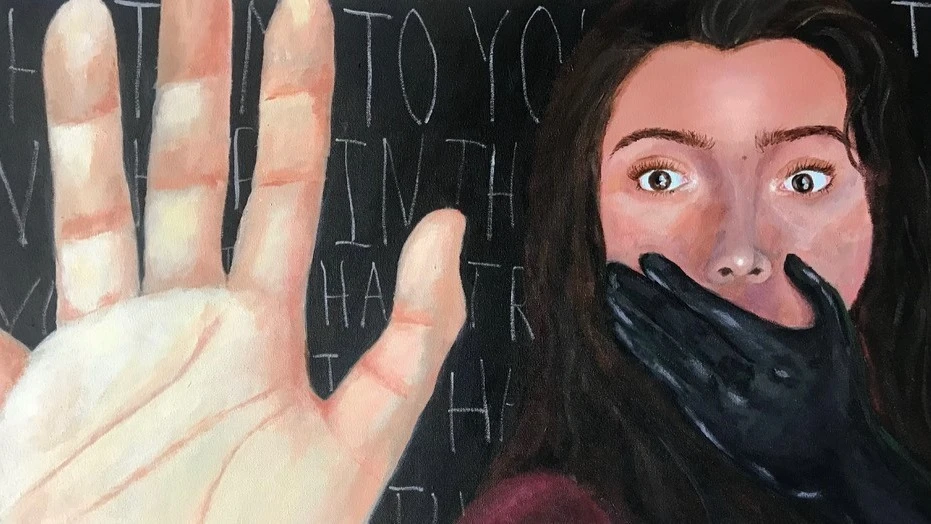
EACH year June 19th is observed as International Day for the Elimination of Sexual Violence in Conflict since 2015 when the United Nations General Assembly proclaimed it through Resolution A/RES/69/293.
In its resolution, the General Assembly noted that in armed conflict, women and girls were particularly targeted by terrorist and extremist groups, who would humiliate, dominate, instil fear in, disperse and/or forcibly relocate the targeted members of a community.
It also noted that sexual violence perpetrated in this way might in some instances persist after the cessation of hostilities. Besides women and girls, the General Assembly recognised that men and boys were also victims of sexual violence in conflict.
The elimination of sexual violence needs respect for human dignity and seeing the image of our own brothers and sisters in the people we intend or can easily dehumanise. It is all about respecting other people as we would like them to respect us.
The General Assembly proclaimed and adopted International Day for the Elimination of Sexual Violence in Conflict “to raise awareness of the need to put an end to conflict-related sexual violence, to honour the victims and survivors of sexual violence around the world and to pay tribute to all those who have courageously devoted their lives to and lost their lives in standing up for the eradication of these crimes.”
The Global Peace Index (GPI, 2025), which ranks 163 independent states and territories according to their level of peacefulness, covering 99.7 per cent of the world’s population, suggests there are 59 active state-based conflicts, the most since the end of WWII and three more than last year.
“This year’s results found that the average level of global peacefulness deteriorated by 0.36 per cent. This is the 13th deterioration in peacefulness in the last 17 years, with 74 countries improving and 87 deteriorating in peacefulness. Iceland remains the most peaceful country in the world, a position it has held since 2008.”
Deteriorations in global peacefulness implies that there is the escalation of sexual violence in countries involved in conflicts or wars where victims of circumstance are dehumanised because their human worth does not count in the eyes of the perpetrators.
Global Terrorism Index (2025) also suggests that terrorism remains a persistent global threat, with 2024 marking another year of shifting patterns and evolving challenges with the geographic reach of terrorism spreading. “The number of countries experiencing at least one terrorist incident increased from 58 to 66, the most countries affected since 2018. In 2024, more countries deteriorated than improved for the first time in seven years, with 45 countries reporting a higher impact from terrorism, while only 34 showed improvements.”
According to the United Nations, conflict-related sexual violence “refers to rape, sexual slavery, forced prostitution, forced pregnancy, forced abortion, enforced sterilisation, forced marriage and any other form of sexual violence of comparable gravity perpetrated against women, men, girls or boys that is directly or indirectly linked to a conflict. The term also encompasses trafficking in persons when committed in situations of conflict for the purpose of sexual violence or exploitation.”
We live in a world in which true peace is more of an ideal than a reality. True peace and justice coexist to the extent that where there is no justice there cannot be true peace. However, simulated peace, which is often promoted and supported by politicians, does not need justice in the real sense. So, there is either justice and peace, or there is no justice and peace at all. The GPI (2025) stresses that the key to building peacefulness in times of conflict and uncertainty is positive peace – that is the attitudes, institutions and structures that create and sustain peaceful societies. “Positive peace is strongly correlated with higher GDP growth, lower interest rates, societal wellbeing and more resilience to shocks.”
UN Secretary-General António Guterres’s message for International Day for the Elimination of Sexual Violence in Conflict June 19 links sexual violence to a tactic of war used to brutalise, torture, and repress, scarring bodies, minds and entire communities.
“The horror of these heinous crimes echoes long after the guns fall silent. Too often, perpetrators walk free, cloaked in impunity, while survivors often bear the impossible burden of stigma and trauma. The pain does not end with them. It stretches across lifetimes, ravaging generations of families, and forces the inherited legacy of trauma and suffering on the descendants of survivors.”
Article 7 of Rome Statute of the International Criminal Court (ICC) establishes crimes against humanity. When committed as part of a widespread or systematic attack directed against any civilian population, these crimes include murder, extermination, enslavement, deportation or forcible transfer of population, imprisonment or other severe deprivation of physical liberty in violation of fundamental rules of international law, and torture. Others are rape, sexual slavery, enforced prostitution, forced pregnancy, enforced sterilisation, or any other form of sexual violence of comparable gravity. They include also persecution against any identifiable group or collectivity on political, racial,
national, ethnic, cultural, religious, gender, enforced disappearance of persons, the crime of apartheid, and other inhumane acts of a similar character intentionally causing great suffering, or serious injury to body or to mental or physical health.
Thus, International Day for the Elimination of Sexual Violence in Conflict reminds us our duty to heal the deep and lasting intergenerational wounds of conflict-related sexual violence and as Guterres puts it “confront the horrors of the past, support the survivors of today, and protect future generations from the same fate.” We can do this through the condemnation of sexual violence in conflict in whatever form and intensity it appears and through breaking the impunity of the perpetuators.
Top Headlines
© 2025 IPPMEDIA.COM. ALL RIGHTS RESERVED













